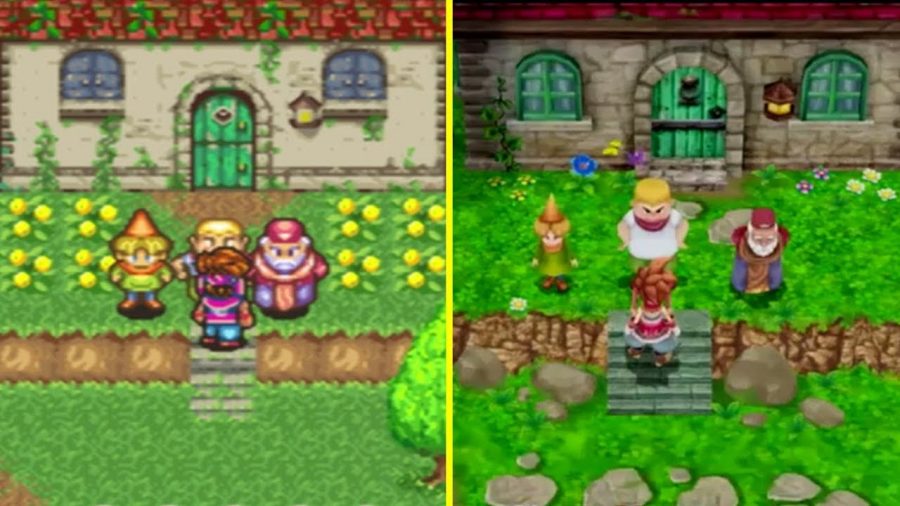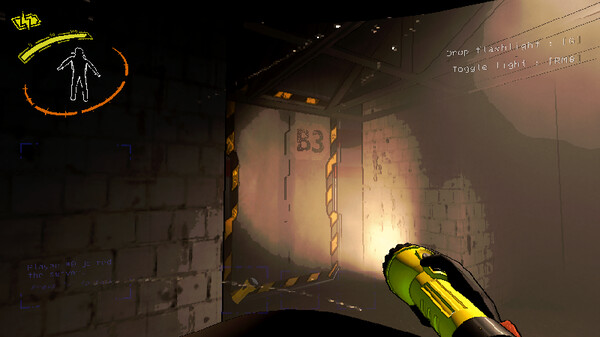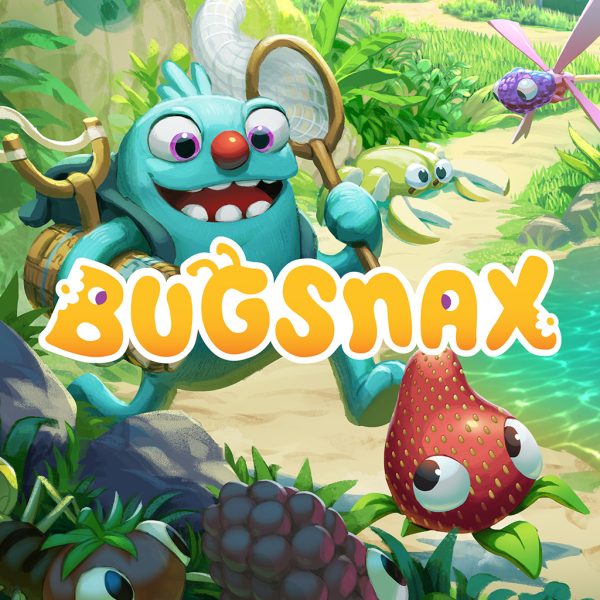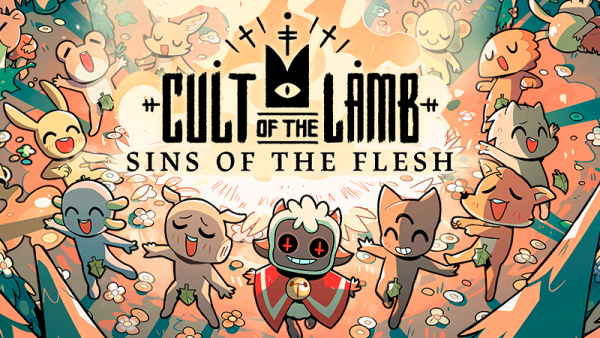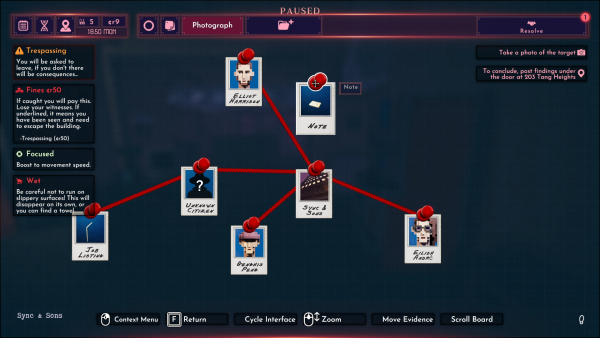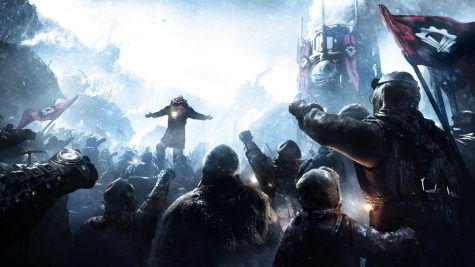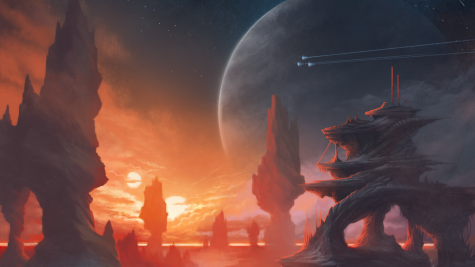Old Games, New Systems
With dozens of game remasters, developers need to get it right
On January 25, 2019, Resident Evil 2 was released. Correction: Resident Evil 2 was released again.
RE2 was originally released on the Playstation in 1998, and it was met with glowing reviews. IGN gave it a 9.3/10 when the game released, and many other reviewers followed suit. Review aggregator Metacritic lists the average score for the game to be an 89/100. But why does a game released over 20 years ago suddenly matter now? The game just got a shiny new port to PS4, Xbox One, and PC. The reviews for the rerelease, which boasts better graphics, a somewhat altered story, and new and altered game modes, are also very positive. IGN gave it a 9/10, and Metacritic lists the remake as a 91.
Port after remaster after remake seem to be flooding the marketplace now. (A port is when a relatively recent game comes to a new console.) Games that may be anywhere from one year old to 25, like Resident Evil 2, constantly jump from console to console, and often with little justification. Some games, people genuinely want a remaster or port of, such as Skyrim, which people have wanted to be portable for a while and then got ported to the Switch. Other times, ports seem completely pointless, especially when done wrong. Secret of Mana, a classic SNES RPG for many, was remade on the PS4 and considered a disaster. Polygon said, “It’s no secret, this remake disappoints.”
Regardless of the mixed success rate, every week seems to bring a new remaster or port of some kind, and it doesn’t look to slow down anytime soon. The Switch serves as a gold mine for many porters, and large chunks of new content on the digital store are remakes. Even Nintendo has been getting in on the action by porting many of their Wii U titles, including Mariokart 8 and New Super Mario Bros. U.
So if ports aren’t going to disappear, it’s necessary for a decision to be made of what makes a good one. A remake or remaster consists of three important things: graphical/audio updates, content refinement, and a request for the remake.
Graphical and audio updates are the most important parts to some people: Going back to RE2, many people loved the original gameplay, but had a hard time playing such a blocky, ugly game, regardless of their nostalgia. That being said, graphics don’t always follow the same formula. Secret of Mana’s new 3D graphics didn’t sit well with plenty of people. A game needs to find a way to update the originals to be compatible with modern gamer expectations, while still keeping the visual aspects people love. An overhaul is rarely the best solution. Are there exceptions to the graphical updates rule? Of course. Porting a game to Switch often results in a slight graphical loss, but those games (i.e. Doom) are usually available on other current-gen platforms, so the consumer usually has a choice. (The Switch also provides portability, so keep that in mind. It isn’t easy to take your Xbox to school and play Doom that way.)
Speaking of gamer expectations, content refinement is also crucial. If developers are remaking or remastering a game, they should not expect that consumers will love all parts of a game, including the bad ones, just because of nostalgia. You can love a game, but there will almost always be a part that sucks. Why should you have to experience the bad parts if you just paid $60 for it all over again? Again, an overhaul is rarely needed for improvement. Shadow of the Colossus on the PS4 improved the controls and a couple of smaller gameplay elements of the PS2 original, but didn’t strip what people knew and loved about the game.
Finally, a need or want must exist for a remake. Making a quick buck is not what the goal of a port should be; instead, the objective should be introducing your game in the best way possible to a new generation of fans. Too often, this is what separates a good remake from a bad remake, even though it could be argued this is the least important factor. If a port is good, does it matter if I just played the game on a different system? If everyone hated the original game, is it the best idea to remaster it?
Regardless of these factors, bad ports will still come through. They often are shockingly easy money for high-funded, huge developers, as well as indie studios hurting for cash. But maybe this piece can help you make a better decision about which ones you buy and which you don’t. Judge a remaster by these criteria, and maybe, just maybe, you won’t waste your cash on an uncaring one.
